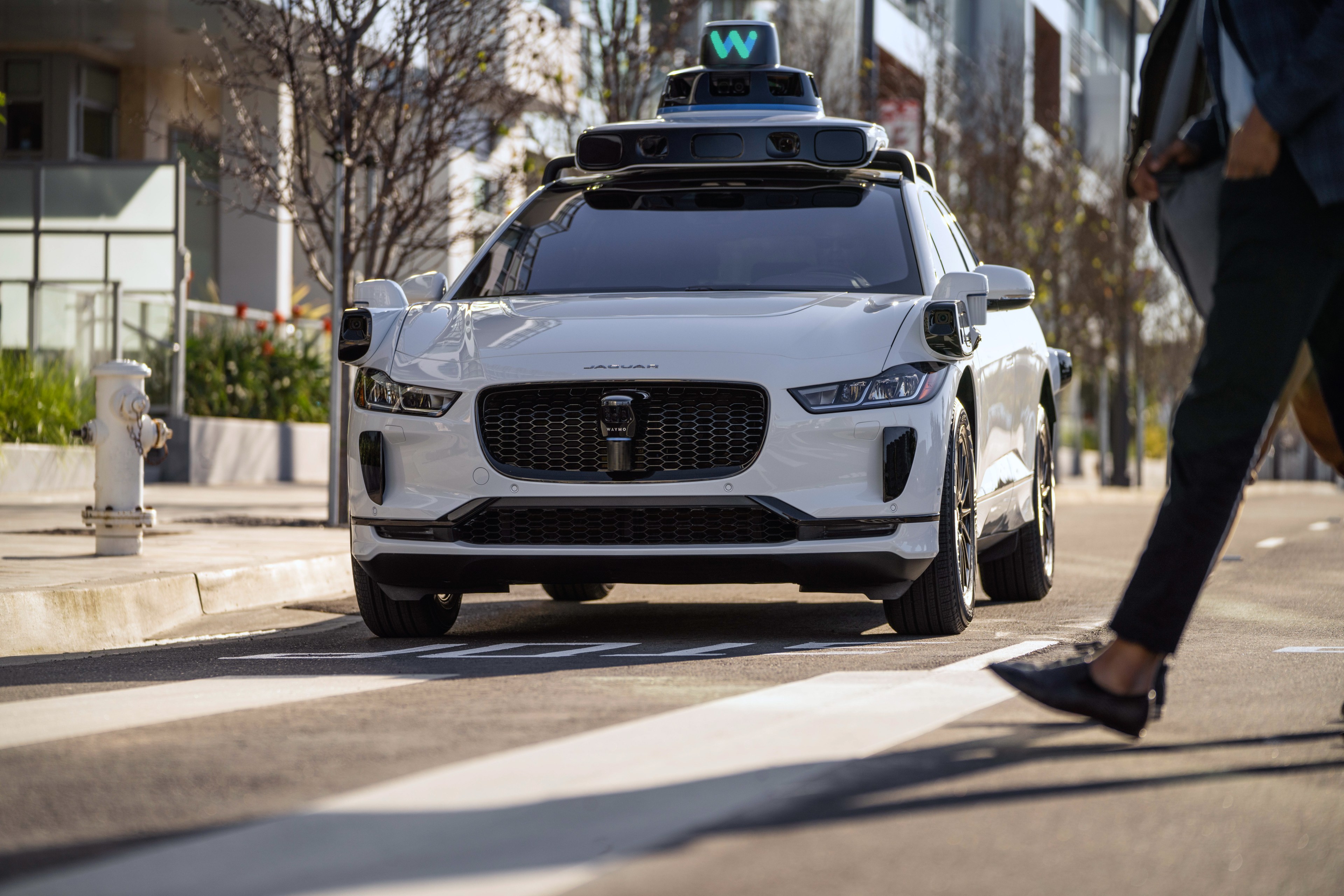Pull over Cruise, there will soon be a new self-driving car service in town—and you can ride for free at first.
Waymo, the self-driving firm owned by Google parent company Alphabet, won approval from the California Public Utilities Commission to carry passengers without a safety driver present under a new pilot program.
The pilot is only greenlit for use in California and is intended to allow the public to check out the new technology and test the safety, accessibility, traffic and environmental impacts of self-driving cars.
In early November, the company received the go-ahead from the DMV to take part in the pilot.
San Francisco cab rides will be rolled out in the coming weeks. Those wishing to test out the new robo-taxis can download the Waymo One app and sign up for the waitlist.
To start with, the rides themselves will be free as the company does not yet have approval to charge fares.
The pilot allows Waymo to offer driverless passenger service throughout San Francisco and portions of Daly City, as well as in parts of Los Altos, Los Altos Hills, Mountain View, Palo Alto and Sunnyvale.
The vehicles may operate on public roadways with posted speed limits up to 65 miles per hour, at all times of the day or night. So far this year, Waymo vehicles have been involved in 65 San Francisco accidents, according to DMV Autonomous Vehicle Collision Reports.
In March, the company started testing its fully autonomous vehicles without passengers in San Francisco after previously winning regulatory approval to collect fares and test its vehicles with a safety driver present.
California is the second market where Waymo will be offering its autonomous car service. In 2020, the company previously introduced fully autonomous public rides in Arizona to “Trusted Testers” required to sign a nondisclosure agreement, but is in the midst of expanding that service to the general public.
Waymo’s vehicles are a familiar presence in San Francisco where they share the roads with a number of their self-driving brethren from companies like Cruise, Zoox and Nuro.
Cruise was the first company to take part in the commission’s driverless pilot program and won approval to take fares for its service in June. Recently, General Motors-owned Cruise said it was expanding its service in San Francisco to include most of the city.
The company’s rollout hasn’t come without its issues, including a crash that led to a recall of the company’s self-driving software. There have also been criticisms from city transit officials on the vehicles’ safety hazards and negative impact on traffic.
